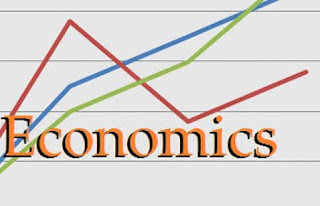77
/ 100
SEO Score
Mixed Economic: Meaning, Characteristic, Merits & Demerits
In mixed economic system, decisions regarding what, how and for whom to produce are partly handled by the state and partly by the individuals and private organizations.

Features of Mixed Economic System
Both the private and the public own and control societal resources and factors of production. Government tends to monopolize the ownership and provision of those resources considered to be essential, while leaving the market or individual firms to provide those that may be regarded as non-essentials.
There is free interplay of market forces as well as intermittent government intervention in establishing prices, wages, location of industries, the type of goods to produce and the direction and distribution of loanabie funds by financial institutions.
Advantages of a Mixed Economic System
- It eliminates the profit disincentive or motivation to work hard as obtained in the socialist economic system.
- It reduces the high unemployment rate and high income inequality associated with a capitalist system.
Disadvantages of Mixed Economic System
- There is no clear-cut consensus by economists about the specific sectors that should be left to the market forces and those that should be left to the state as well as the degree of intervention in ‘ those specific sectors.
- The middle course depicted by this system eventually leads to confusion resulting in low growth and no development.
- It encourages corruption and inefficient management.
Facebook Comments Box